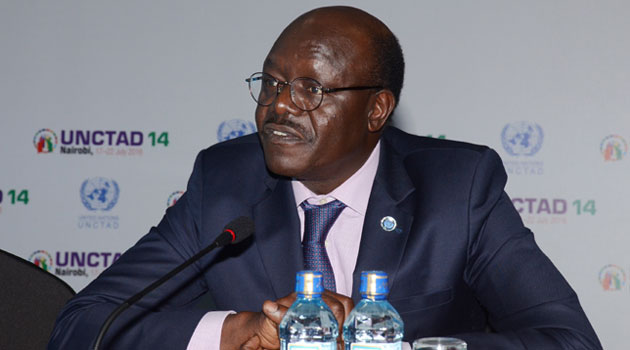Kenya could slowly be losing its strategic lead in East Africa due to the changing geopolitics and the newfound unity between Ethiopia, Eritrea and Somalia. Analysts suggest Kenya needs to adjust its foreign policy in light of Ethiopian Prime Minister Abiy Ahmed Ali becoming the regional point man to fix problems ranging from the Kenya-Somalia maritime dispute to the conflict in Sudan. TRADE HUB As an important trade hub for landlocked countries, Kenya has maintained its the middle-of-the path stance taken during the Cold War under the Non-Aligned Movement. As a result, Kenya has kept its allies like the US and China in investments, leadership of international organisations and tackling threats like terrorism, climate change and HIV/Aids. In 2014 Kenya developed its first written foreign policy since Independence in 1963, with five main pillars — peace diplomacy, economic diplomacy, diaspora diplomacy, environment diplomacy and cultural diplomacy. However, Kenya’s peace diplomacy is being overshadowed by organisations like the Intergovernmental Authority on Development (Igad) with Prime Minister Abiy as its chairman. According to Abdiwahab Sheikh Abdisamad, director and senior consultant at Southlink Consultants and a Horn of Africa political scientist at Kenyatta University, oil multinationals are lobbying for Somali interests in their own countries. He added that Kenyan foreign policy towards Somalia needs restructuring since the fight against Al Shabaab has attracted new stakeholders, with the Gulf crisis spilling over into Somalia. “Kenya should side either with the Saudi-led coalition or the Qatari and Turkey alliance. To date, Kenya has not sided...
Is Kenya losing its lead in the region?
Posted on: July 16, 2019
Posted on: July 16, 2019
















